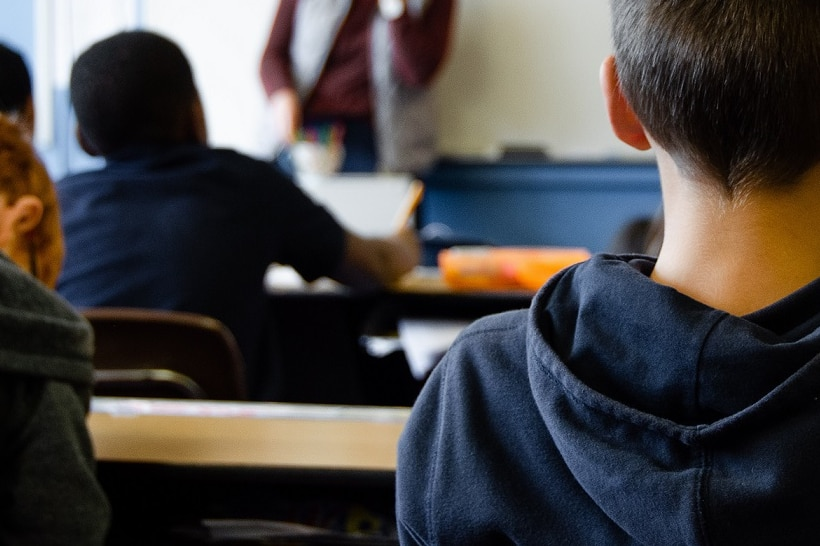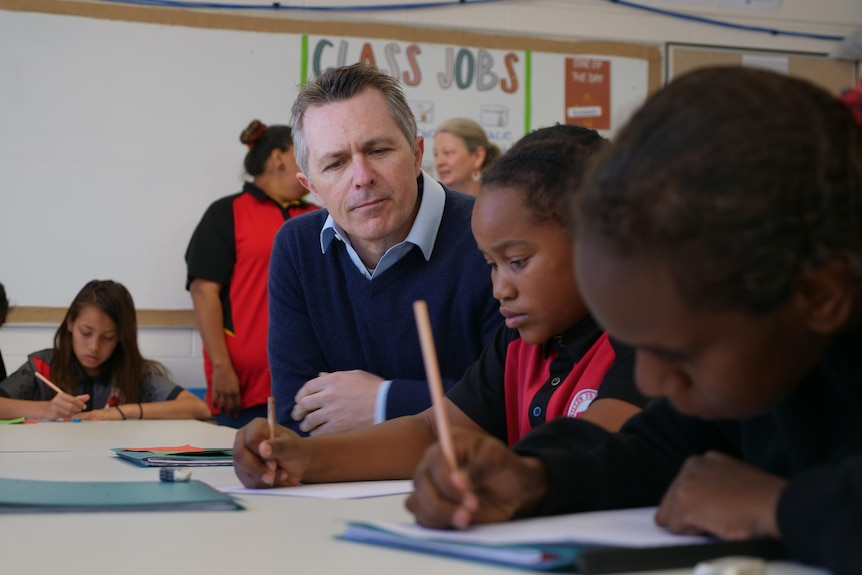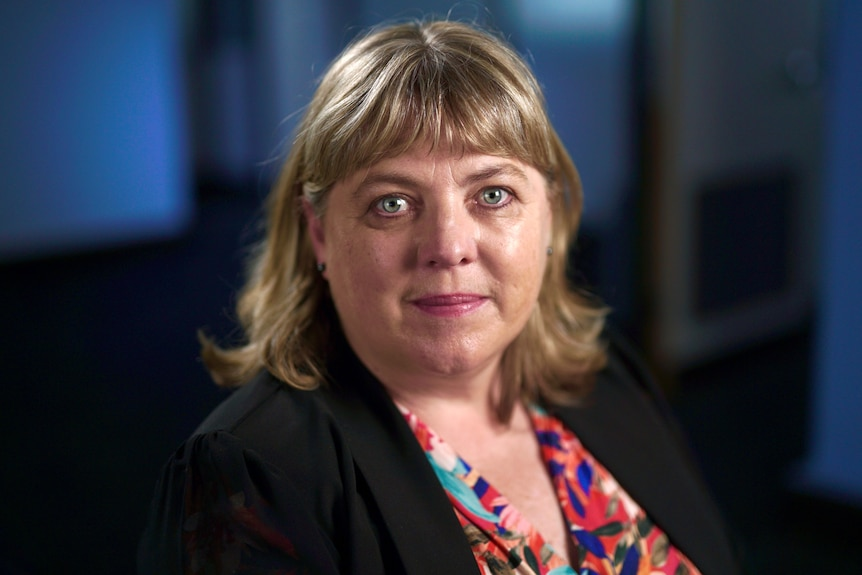
Public schools must be fully funded to combat inequality and all students should be regularly screened to see if they need additional support, a major review into school resourcing has found.
· The findings of an independent expert-led review into school funding have been revealed
· The report found public schools are under-resourced, further entrenching disadvantage
· Education ministers are set to negotiate new funding arrangements
The panel examining the National School Reform Agreement (NSRA)— which determines how schools are funded — said the gap between privileged students and those at disadvantaged schools was growing and inequality was "entrenched".
The group said almost all public schools were not funded to the school resourcing standard (SRS), but on average non-government schools were funded at or above their full government funding level.
"The fact that inequality in funding persists — and is predicted to persist in nearly every jurisdiction — is an issue that requires urgent action," the reviewers said.
The report also called for teachers to be given more targeted support and mentoring as part of a suite of recommendations to attract and retain a workforce under significant stress.

The review called for urgent action to close the funding gap between public and other schools.(Unsplash: Taylor Flowe)
Among the recommendations were incentives for "highly-effective" teachers to work in schools with complex needs, a better integration of services such as speech therapy and more training for teachers to deal with complex behaviour.
The report also recommended wellbeing coordinators in schools, a focus on building inclusive culture to prevent bullying and creating clearer pathways for students to tertiary education and employment.
It comes ahead of state, territory and federal education ministers negotiating how schools will be funded under a new national agreement, with the current one set to expire next year.

Education Minister Jason Clare says the system should be fairer.(ABC Alice Springs: Lara Stimpson)
After meeting with his state counterparts on Monday, federal education minister Jason Clare said the next NSRA would focus on making school funding fairer.
"We've got to fix this funding gap and fix this education gap," he said in a statement.
· Institute a year 1 phonics check, nationally consistent numeracy check implemented by 2028
· Find incentives for highly-effective teachers and principals to work in schools of socio-economic disadvantage
· Collect wellbeing data, access to counselling services, implement zero-tolerance approach to racism
· Address teacher workload challenges, better mentoring, improving diversity in workforce
· Improve funding transparency and accountability mechanisms
Funding disparities have been reflected in academic results, with the latest OECD data showing Australian schooling is facing a class divide.
The reviewers said concentrated economic disadvantage can also dampen student expectations for the future, weaken their confidence, reduce community engagement of school leavers and undermine social cohesion.
Educators have welcomed the review but said it was not strong enough on teacher retention.
"We know that teachers are not saying [they want] things like off the shelf lesson plans — they want more staffing support and cuts to red tape and more support for students with complex needs," said Correna Haythorpe, federal president of the Australian Education Union.
"Our schools and students can't wait any longer. We expect to see governments take action now."

Correna Haythorpe says support for teachers can't come soon enough.(ABC News: Lincoln Rothall)
The Catholic education sector was extensively engaged in the review process and welcomed the report.
"The report's focus on equity and excellence, wellbeing and teacher workforce considerations, apply across all sectors," said National Catholic Education executive director Jacinta Collins.
"The Education Minister's reinforcement of the need to work towards the Alice Springs (Mparntwe) Education Declaration reflects the importance of choice for families, and a holistic approach to schooling in Australia, including the spiritual development of students that attend both faith-based and government schools."
The report was also well-received by non-religious private school groups.
"Now this report has been released, we hope to see the public discourse move on from misrepresentations of Independent schools – and their students and parents – to a genuine dialogue about how we can all deliver the best education outcomes for every Australian school student, regardless of background or sector," said Independent Schools Australia CEO Graham Catt.
"Half of the schools in the independent sector charge annual average fees of less than $5,300, there are many that charge no fees at all and serve highly-disadvantaged groups including Aboriginal and Torres Strait Islander communities, students with disability and those at risk of disengaging from education altogether."
According to the latest Productivity Commission data released this year, public schools enrol more than twice as many students from low socio-educational advantage backgrounds (31.3 per cent) as private schools (12.8 per cent).
Ministers on Monday also received the final report of the universities accord: the biggest review of the higher education system in years.
That report is likely to be made public in early 2024.
The NSRA review followed an investigation earlier in the year into how teachers are taught their jobs, which made recommendations on how educators learn the skills of their profession.
It called for more consistency in course content, standards and mentoring.

